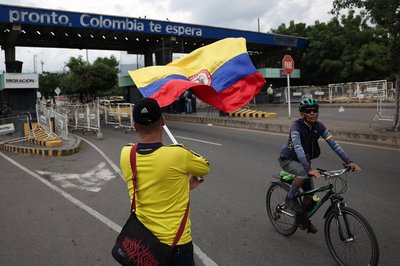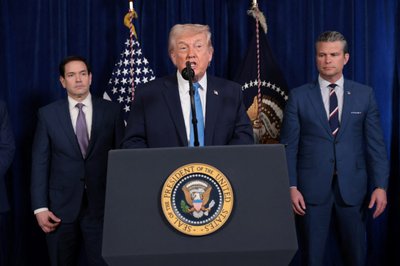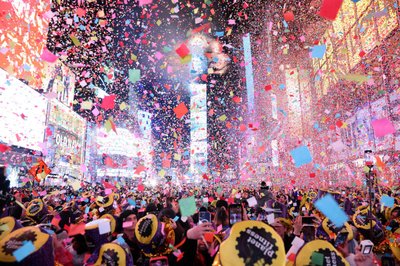Summary
The Nobel Peace Prize ceremony was held Friday in Oslo, Norway, and this year's winners were two journalists honored for their unrelenting pursuits of truth. Dmitry Muratov, editor of one of Russia's last independent news sources, and Filipina journalist Maria Ressa, editor of "Rappler.com," who called for a reform of social media platforms. Ressa joins Judy Woodruff with more.Five Facts
- Who is interviewed in this piece and what is her background?
- Why was Ressa awarded a Nobel Peace Prize?
- How are press freedoms under threat, according to Ressa?
- Why is a free press important, according to Ressa?
- What are some ways citizens can help preserve and support a free press, according to Ressa?
Focus Questions
In this interview, Ressa says that you "can't have integrity of elections if you don't have integrity of facts" and she also criticizes American social media companies for promoting misinformation and hateful rhetoric for ad revenue. She has also faced threats, prosecution and potential violence from her own government for her reporting. How do you think a society can best address the needs for a free press while also addressing the rise of misinformation and extremist rhetoric?
Media literacy : What do you think it adds to this story that we hear directly from Ressa, and not just about her Nobel award?
For More
- For a classroom activity directing participants to research threats to press freedom across the globe and in the U.S., click here .
- You can watch all of Maria Ressa's Nobel acceptance speech here (from her news service, Rappler):
- Ressa warns against the rise of misinformation in the media, especially social media. But how can news consumers tell what is misinformation? Check out this post for some ideas. You can also use this lesson to understand how to decode media bias.





